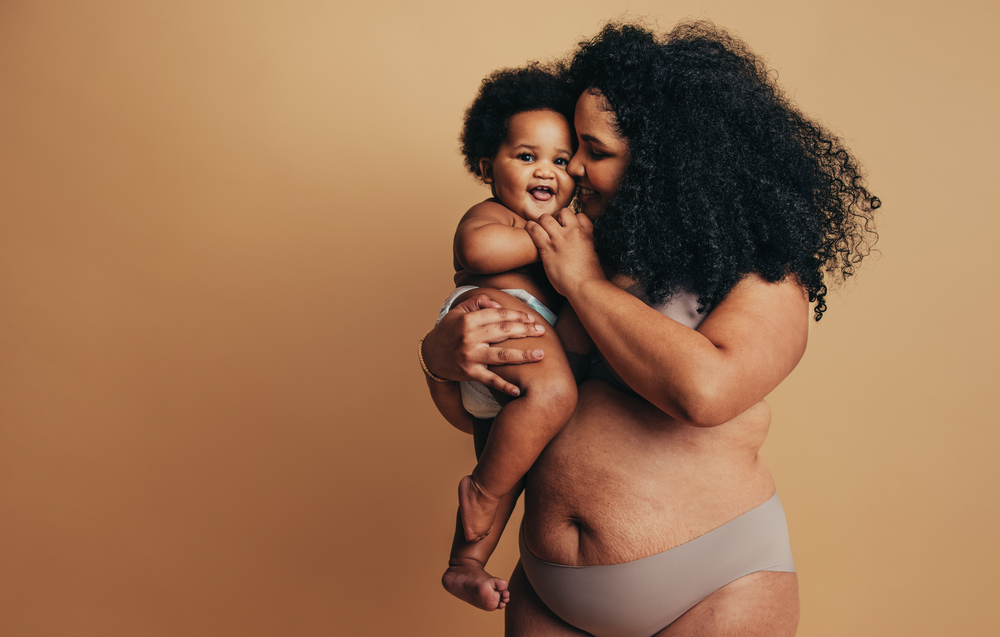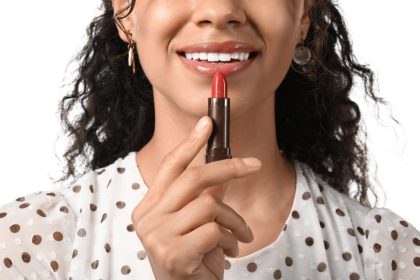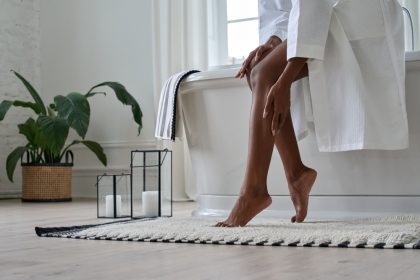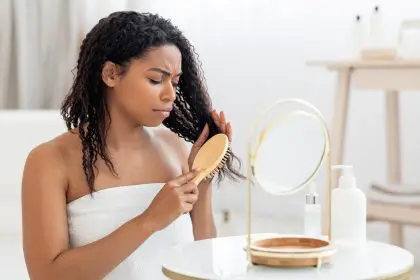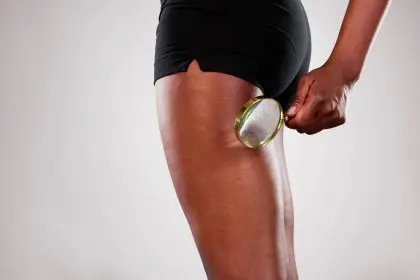In a world where social media reigns supreme, the scrutiny of public figures, especially women, can be relentless. Recently, Rihanna faced a wave of criticism following her appearance at the 2024 British Fashion Awards. While many admired her for her achievements and style, others took to social media to express negative opinions about her appearance, claiming she had “lost her spark” and was “looking old.” This backlash highlights a broader societal issue: the unrealistic beauty standards imposed on women, particularly regarding aging and postpartum bodies.
The fear of aging and its impact on women
Aging is a natural process that everyone experiences, yet it often comes with a heavy burden of societal expectations. According to a 2024 survey by Talker Research, nearly half of women report feeling stressed about aging, with many fearing that their physical changes will be noticed by others. This anxiety is compounded for mothers, who frequently struggle with body image after childbirth. The pressure to conform to idealized beauty standards can lead to feelings of shame and inadequacy.
Rihanna: A case study in public scrutiny
Rihanna, a powerhouse in the music and fashion industries, is not immune to this scrutiny. As a mother of two young children and a successful entrepreneur, she embodies the complexities of modern womanhood. Yet, instead of celebrating her accomplishments, some commentators chose to focus on her appearance, perpetuating harmful narratives about aging and motherhood. This reaction is not just about Rihanna; it reflects a larger trend where women are often criticized for simply existing in their bodies.
Understanding projection and its role in body shaming
The negative comments directed at Rihanna and other women can often be traced back to a psychological phenomenon known as projection. This occurs when individuals project their insecurities and fears onto others. In the context of aging and postpartum bodies, those who feel uncomfortable with their own changes may lash out at others as a misguided attempt to alleviate their discomfort. This behavior not only harms the individuals targeted but also reinforces toxic beauty standards that many women are striving to overcome.
The intersection of aging and postpartum bodies
Aging and postpartum experiences are deeply interconnected. Both involve significant changes to a woman’s body, and both are often met with societal judgment. The unrealistic beauty standards that dictate how women should look at various stages of life are rooted in misogyny and a culture that values youth above all else. It is crucial to recognize that these standards are not only damaging but also perpetuated by women themselves, often in the form of harsh criticism of their peers.
Challenging societal norms and embracing authenticity
To combat the negative narratives surrounding aging and postpartum bodies, it is essential to engage in self-reflection and challenge societal norms. Women must work to unlearn harmful messages about beauty and worth that have been ingrained in them. This journey involves recognizing the beauty in every stage of life and understanding that aging is not a decline but rather an evolution.
Finding beauty in the journey
As women navigate the complexities of aging and motherhood, it is vital to cultivate a mindset that appreciates the journey rather than focusing solely on appearance. Embracing the changes that come with age and motherhood can lead to a more profound understanding of beauty. For instance, the physical changes that occur after childbirth can be seen as symbols of love and nurturing rather than imperfections.
Creating a culture of acceptance
To foster a culture where women are celebrated at every age and size, we must shift the conversation from one of shame to one of gratitude. Acknowledging the experiences and contributions of women, regardless of their physical appearance, can help dismantle the harmful beauty standards that persist in society. As actress Tracee Ellis Ross eloquently stated, aging should be viewed as an honor, a privilege that not everyone gets to experience.
A call for compassion
The conversation surrounding aging and postpartum bodies must evolve. Instead of perpetuating negativity, we should strive to uplift and support one another. By embracing radical honesty and gratitude, we can begin to appreciate the beauty in aging and the strength of postpartum bodies. Let us celebrate women like Rihanna for their authenticity and resilience, and work towards a future where all women feel valued and beautiful, regardless of societal expectations.

